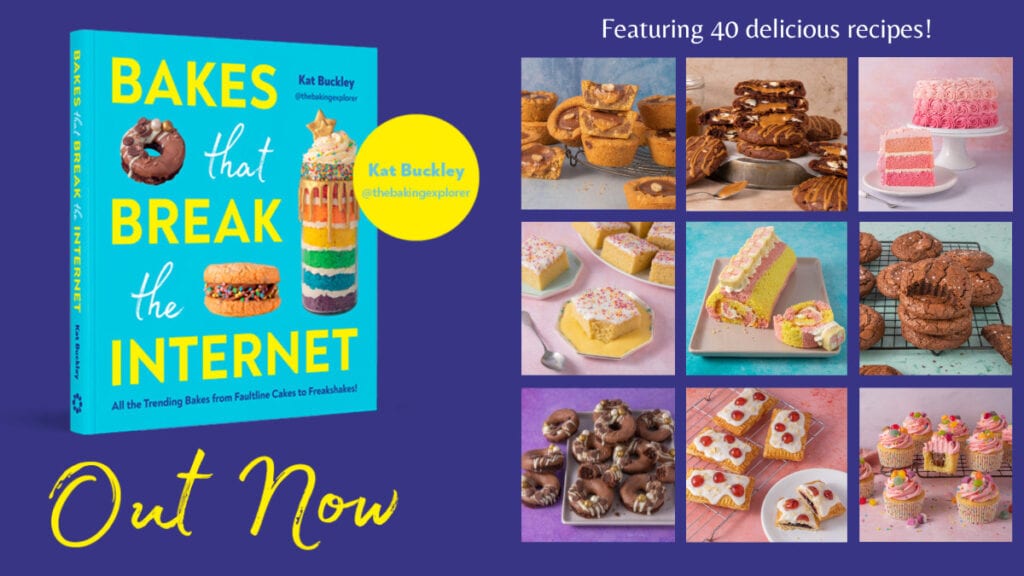
Wholemeal Bread Rolls
Bread rolls made with wholemeal flour, great for dipping in soup, dinner rolls or sandwiches
Servings 12
Calories 186kcal
Ingredients
- 250 g Strong white bread flour
- 250 g Strong wholemeal bread flour
- 7 g Sachet of fast action yeast (also known as instant yeast)
- 1 tsp Salt
- 50 ml Olive oil
- 320 ml Luke warm water
- 10 g Oats optional, for topping
Instructions
- In a large bowl, stir the strong white bread flour, strong wholemeal bread flour, yeast and salt together. Make sure not to pour the salt directly over the yeast, add them on separate sides of the bowl
- Mix the oil with the luke warm water in a jug and pour into the flour mixture. Add the water slowly as you may not need it all, or you may need a little more. Stir together until a dough forms
- Knead the dough by hand for 10 minutes on a floured surface, or put in a stand mixer with a dough hook attachment and leave it to knead for 8 minutes on a low speed
- Place the kneaded dough into a large bowl that has been brushed all over on the inside with a light coating of olive oil. Cover the bowl tightly with cling film and put it in a warm place for 1 hour for the dough to rise and double in size
- Tip the dough out onto a floured surface and knead very briefly, just to knock the air out of it
- Using scales, divide the dough into 12 equal pieces
- Roll each piece into a ball and place them onto lined baking trays. Cover them loosely with cling film and a tea towel and leave them for 1 hour to prove
- Pre-heat your oven to 200C Fan/220C/425F/Gas Mark 7
- If you like you can brush the rolls with water and sprinkle some oats over the top of each roll, then bake for 20 minutes until golden. You know they are done when you tap them on the bottom and they sound hollow
- Best eaten fresh, but you can store in an airtight container for up to 3 days. They can also be frozen
Video
Notes
- Strong bread flour is the best option for bread as it is high in protein which assists in the forming of gluten - a protein that creates the rise in bread, as well as creating the lovely bread texture that we all know and love. You can also make this recipe with regular plain flour, the bread may just rise a little less. I recommend Matthews Cotswold Flour for bread making. They are a family run business with a focus on sustainable and organic farming practices. I've visited and toured their mill, set in the beautiful Cotswolds. You can also get 10% off any purchase from their website using my code: KATBAKINGEXPLORER
- A good quality olive oil is the best kind of oil to use for this recipe but you can also use vegetable oil or another plain oil that doesn't have a strong taste like canola or sunflower oil. If you do want to add some extra flavour to your bread you could try an infused oil, like garlic for example.
- The water should be lukewarm or tepid, this essentially means room temperature water which is around 18C to 23C. It's important not to use hot water that's above 30C as this will most likely kill the yeast and your bread will not rise.
- If you are kneading the dough in your stand mixer, pop it into the bowl of your mixer and set it on a low speed with the dough hook attachment. Leave it to knead for 8-10 minutes, until the dough is smooth and supple, and comes away from the side of the bowl.
- For more information on bread making, including a guide on how to knead by hand and lots of tips and tricks, check out my White Bread Loaf recipe.
- Although I provide cup measurements, I highly recommend weighing your ingredients out using digital kitchen scales. It is the most accurate way to measure ingredients and will ensure the best results. Digital scales are very low cost and can be purchased for around £12 ($16.50) .
- For teaspoon (tsp) and tablespoon (tbsp) measurements, please use measuring spoons and not the type of spoons you eat with. Again this will ensure accuracy and provide the best results.

Nutrition
Calories: 186kcal | Carbohydrates: 31g | Protein: 5g | Fat: 5g | Saturated Fat: 1g | Sodium: 198mg | Potassium: 100mg | Fiber: 3g | Sugar: 1g | Vitamin A: 2IU | Calcium: 11mg | Iron: 1mg